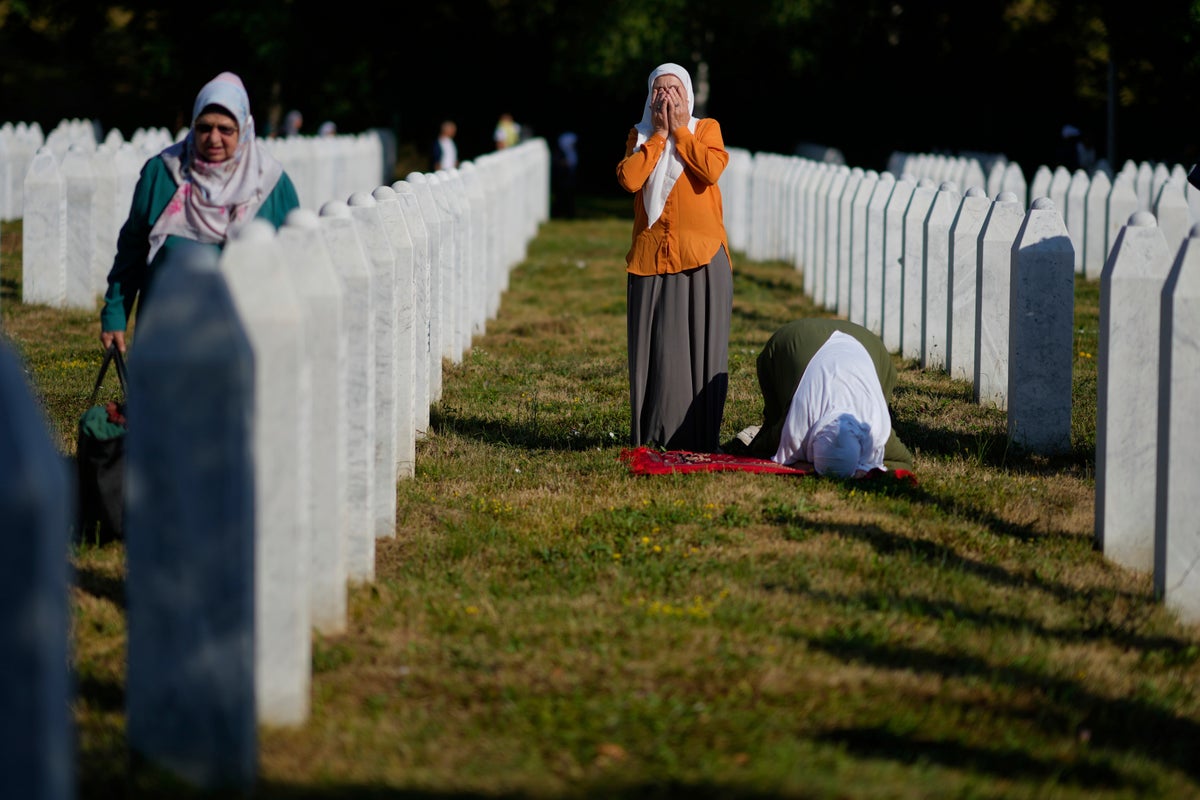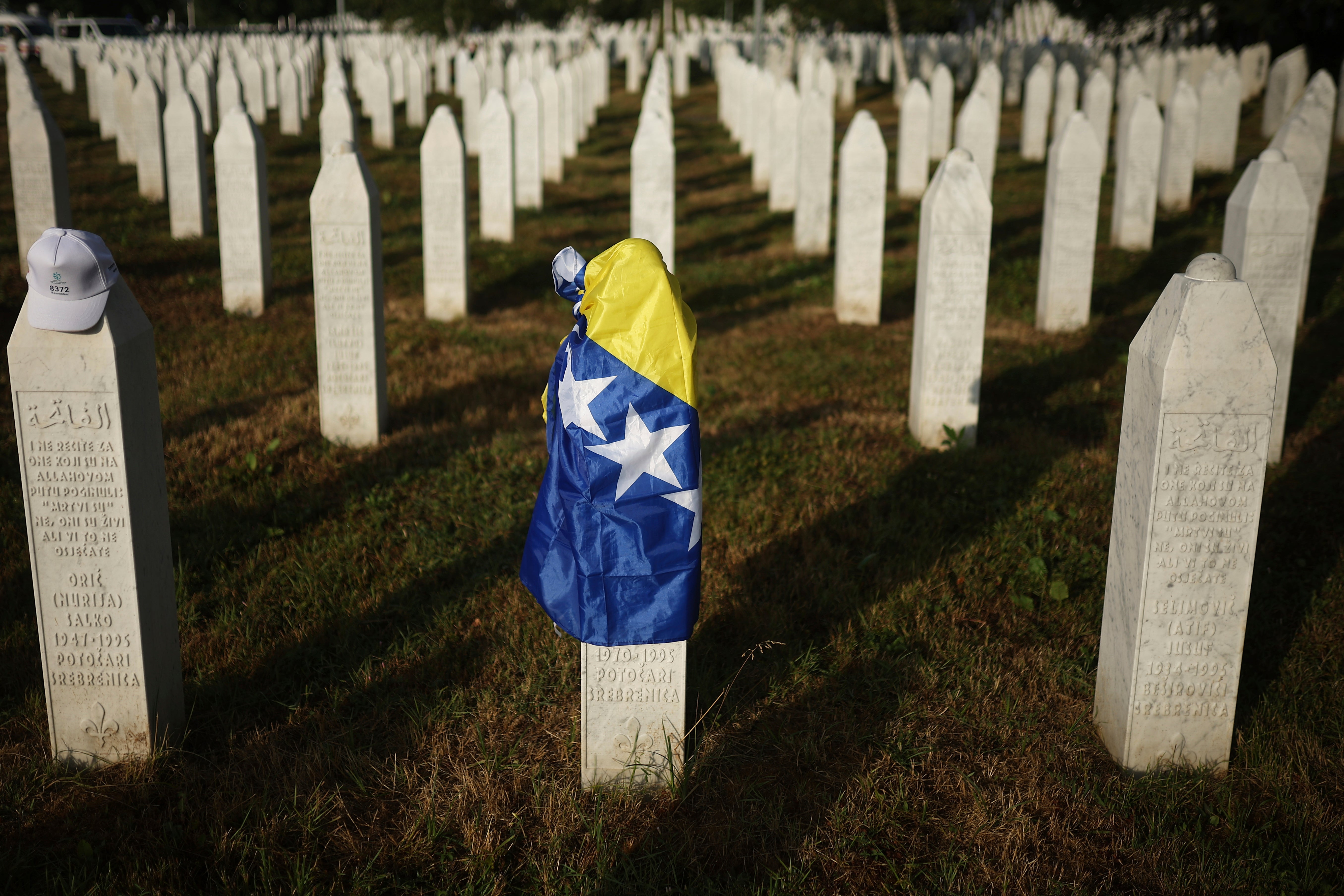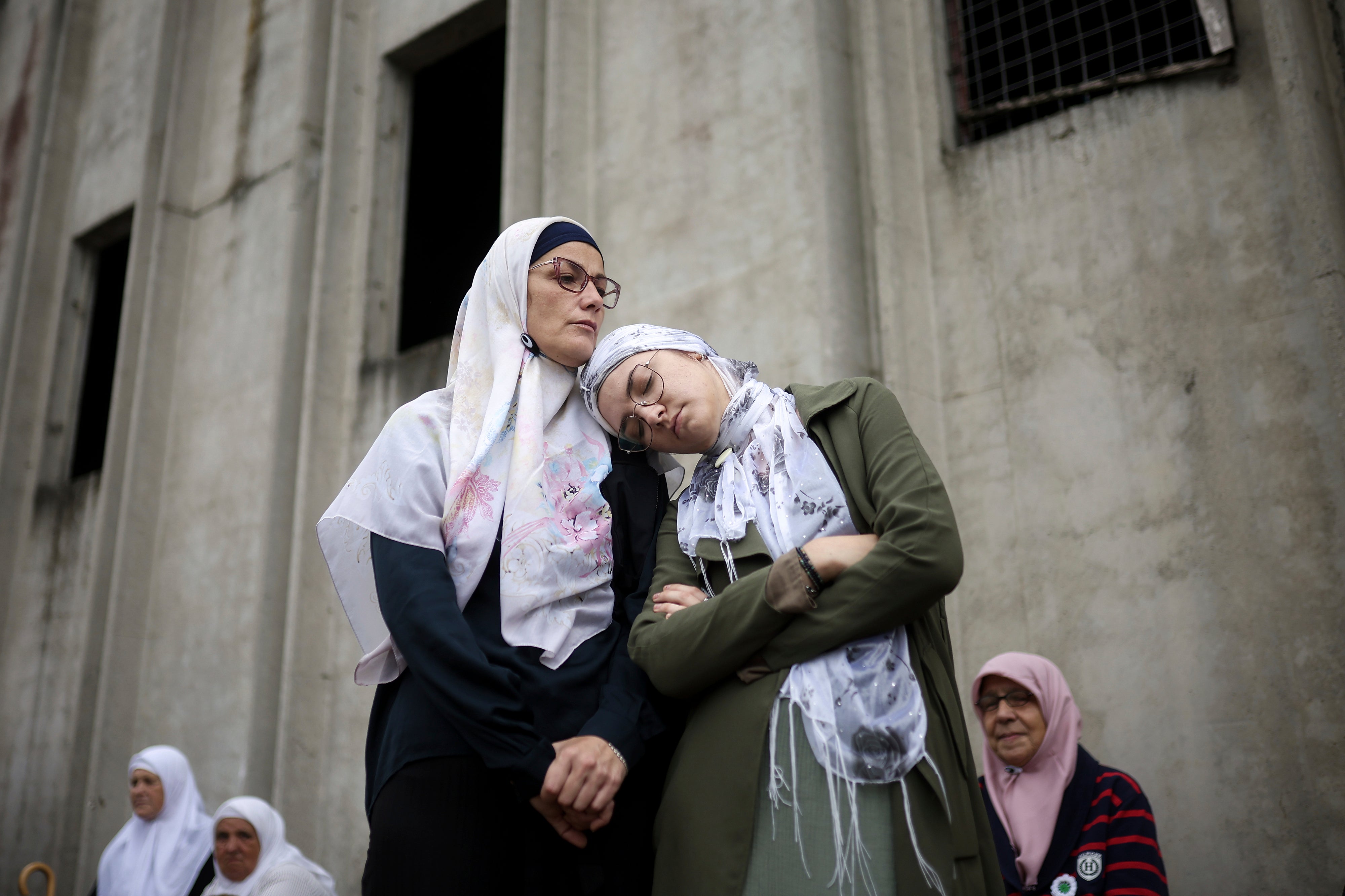
Thousands of people from Bosnia and around the world have converged on Srebrenica to mark the 30th anniversary of the horrific 1995 massacre, an event call Europe's only official genocide since the Holocaust. Over 8,000 Bosniak Muslim boys and men were systematically murdered in the atrocity, which continues to cast a long shadow over the region.
This solemn occasion will see seven newly identified victims, including two 19-year-old men, laid to rest in a collective funeral on Friday. They will join over 6,000 victims already interred at the vast, ever-expanding cemetery near Srebrenica. Such burials are an annual occurrence, as remains continue to be unearthed from dozens of mass graves scattered around the town.
However, the process remains deeply challenging for relatives, who often can only bury partial remains of their loved ones. These fragmented remains are frequently discovered in multiple mass graves, sometimes kilometres apart, a poignant reality for individuals like Mirzeta Karic, who awaits the burial of her father.
“Thirty years of search and we are burying a bone,” she said, crying by her father's coffin which was wrapped in green cloth in accordance with Islamic tradition.
“I think it would be easier if I could bury all of him. What can I tell you, my father is one of the 50 (killed) from my entire family.”

July 11, 1995, is the day when the killings started after Bosnian Serb fighters overran the eastern Bosnian enclave in the final months of the interethnic war in the Balkan country.
After taking control of the town that was a protected U.N. safe zone during the war, Bosnian Serb fighters separated Bosniak Muslim men and boys from their families and brutally executed them in just several days. The bodies were then dumped in mass graves around Srebrenica which they later dug up with bulldozers, scattering the remains among other burial sites to hide the evidence of their war crimes.
The U.N. General Assembly last year adopted a resolution to commemorate the Srebrenica genocide on the July 11 anniversary. Scores of international officials and dignitaries are expected to attend the commemoration ceremonies and the funeral on Friday.
On the eve of the anniversary, an exhibition was inaugurated displaying personal items belonging to the victims that were found in the mass graves over the years.

The conflict in Bosnia erupted in 1992, when Bosnian Serbs took up arms in a rebellion against the country's independence from the former Yugoslavia and with an aim to create their own state and eventually unite with neighboring Serbia. More than 100,000 people were killed and millions displaced before a U.S.-brokered peace agreement was reached in 1995.
Bosnia remains ethnically split while both Bosnian Serbs and neighboring Serbia refuse to acknowledge that the massacre in Srebrenica was a genocide despite rulings by two U.N. courts. Bosnian Serb political and military leaders Radovan Karadzic and Ratko Mladic, along with many others, have been convicted and sentenced for genocide.
Serbia's populist President Aleksandar Vucic expressed condolences on X while calling the Srebrenica massacre a “terrible crime.” Vucic added that “we cannot change the past but we must change the future.”







